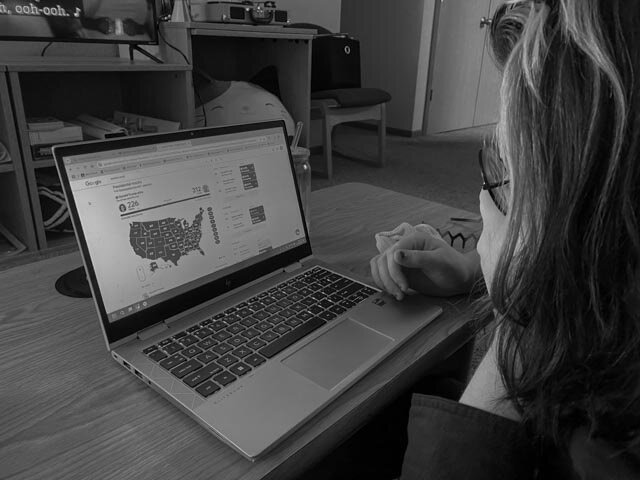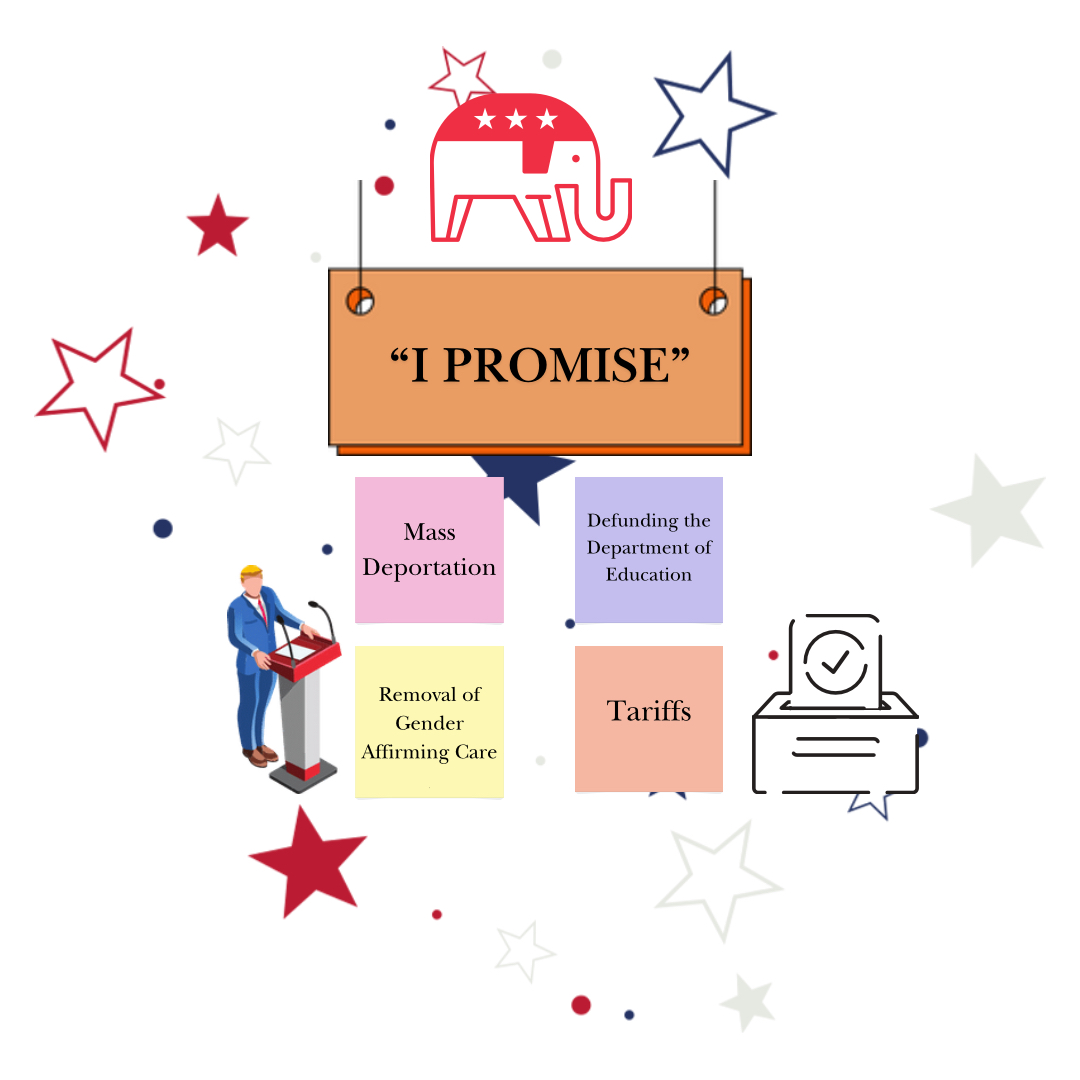Andrew Fitzgerald/ Winonan
With the end of the school year fast approaching, summer vacation is a highly anticipated prospect for many students and faculty members at Winona State University. For others, attention is turning immediately to the fall 2014 semester and the influx of new students it will bring.
The TRiO student leaders club is one of those organizations.
For the final two weeks of this semester, TRiO will be organizing a collection drive for both used or new college textbooks and school supplies.
There will be collection boxes placed all around Winona State’s campus including residence halls and the Student Union.
The used textbooks will become part of a lending library, and school supplies will be donated to K-12 students around Winona.
The student leaders club, which aims to improve student leadership skills and practices, is a smaller part of the larger TRiO Student Support Services (SSS) program.
Leslie Albers, an academic advisor and counselor for TRiO, shed some light on the specific goals of the club and larger organization.
“We are a federal funded grant based program with a specific mission: to increase college graduation rates,” Albers said.
They target three specific groups who historically have not been proportionally represented on college campuses or graduation ceremonies. First generation students, students from low-income backgrounds and students with documented disabilities, Albers said.
Funded by a federal grant through the U.S. Department of Education, the program aids 225 students per year.
Some of the services offered by TRiO and SSS include academic advising, assistance in exploring major and minor options, study skills coaching, tutoring services, personal counseling, referrals to on and off-campus resources and providing a welcoming community environment.
The ultimate goal of TRiO is to increase higher education opportunities and to promote confidence that will help to bring students closer to graduation.
“This program is important because Winona State University has a significant number of students with inadequate financial resources,” Albers said. “This is one way to help those students.”









































